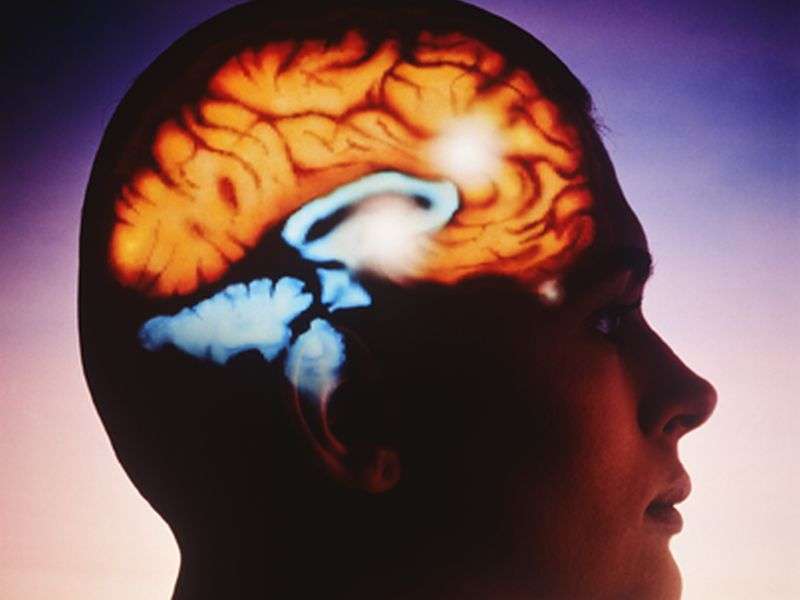(HealthDay)—For pediatric patients with migraine, biofeedback seems to be an effective intervention, according to a review published online July 26 in Pediatrics.
Anker Stubberud, from the NTNU Norwegian University of Science and Technology in Trondheim, and colleagues examined the pooled evidence for the effectiveness of biofeedback for childhood migraine. Data were included from five prospective, randomized controlled trials of biofeedback with a total of 137 participants.
The researchers found that, compared with a waiting-list control, biofeedback reduced the frequency of migraine (mean difference, −1.97), duration of attack (mean difference, −3.94), and headache intensity (mean difference, −1.77) (all P < 0.00001). When combined with other behavioral treatment, biofeedback demonstrated no adjuvant effect; there was also no significant advantage for biofeedback over active treatment. Forty percent of bias judgments were considered to be low risk.
"Biofeedback seems to be an effective intervention for pediatric migraine, but in light of the limitations, further investigation is needed to increase our confidence in the estimate," the authors write.
More information: Full Text (subscription or payment may be required)
Journal information: Pediatrics
Copyright © 2016 HealthDay. All rights reserved.
























